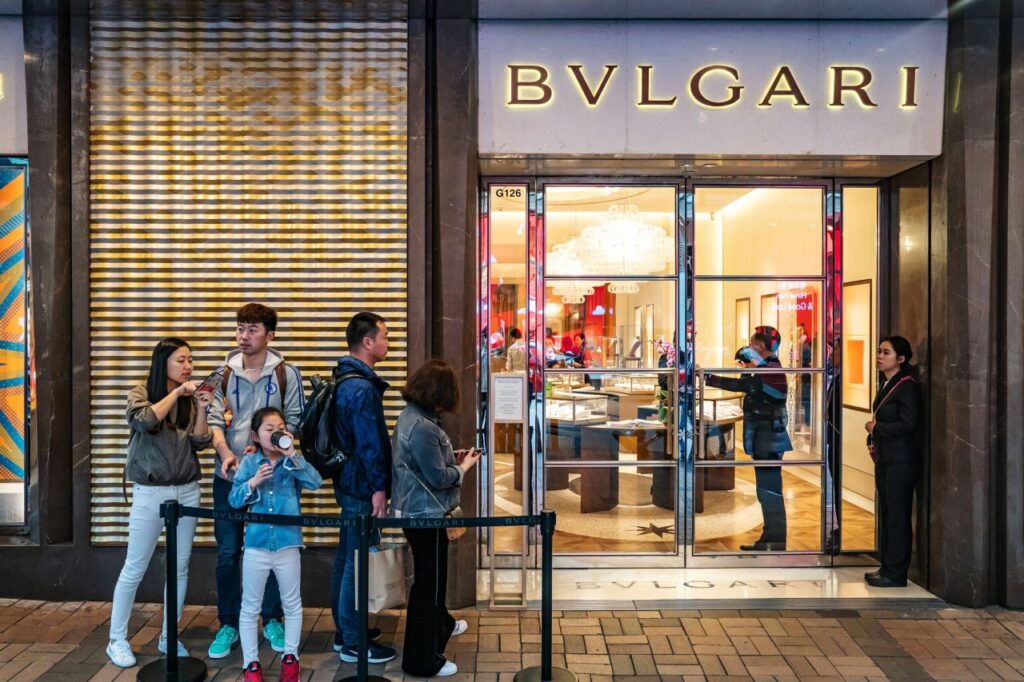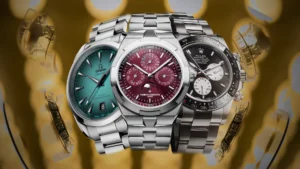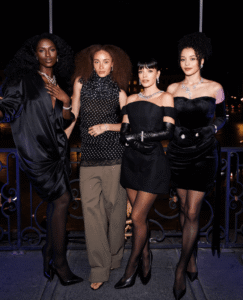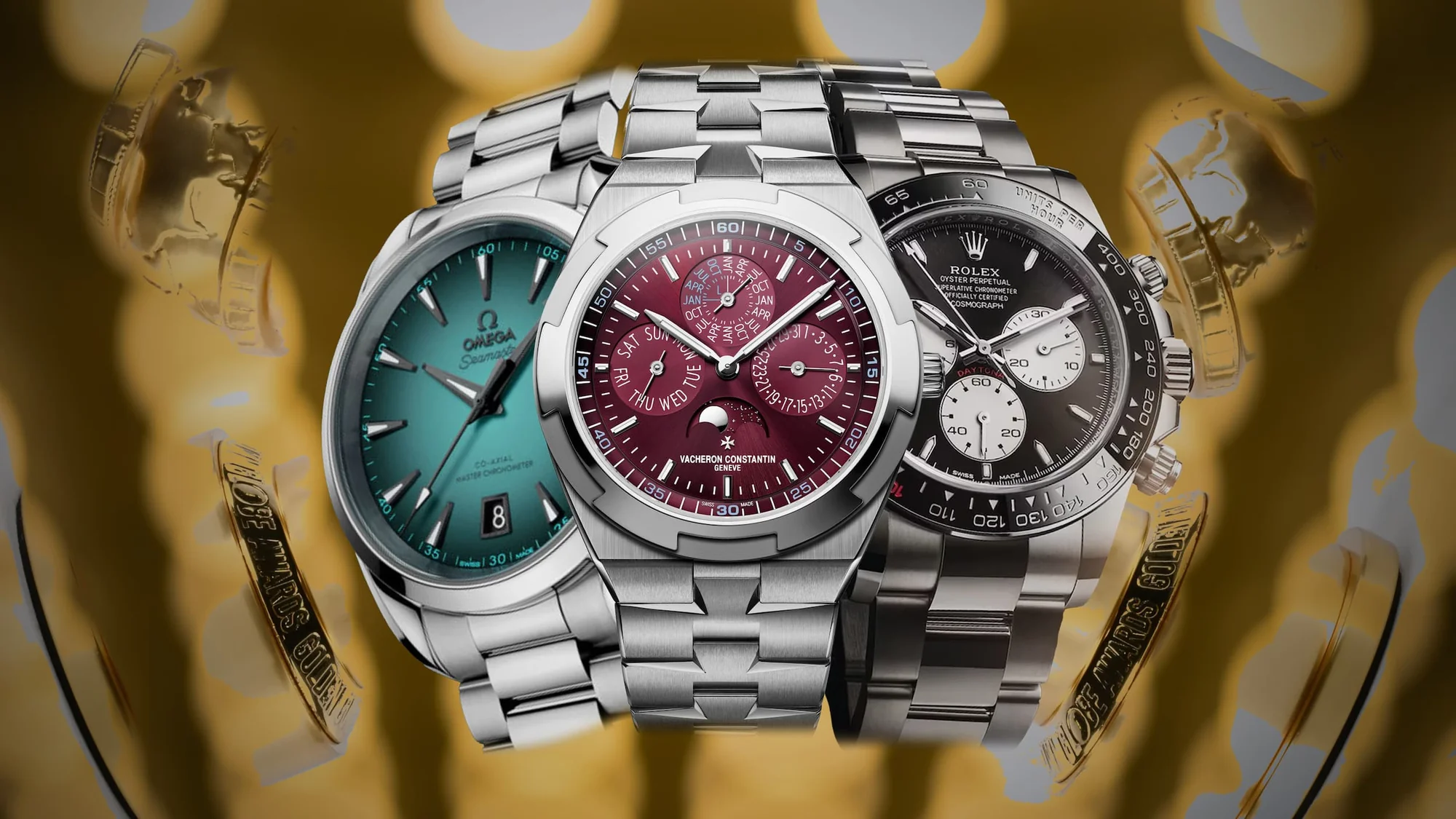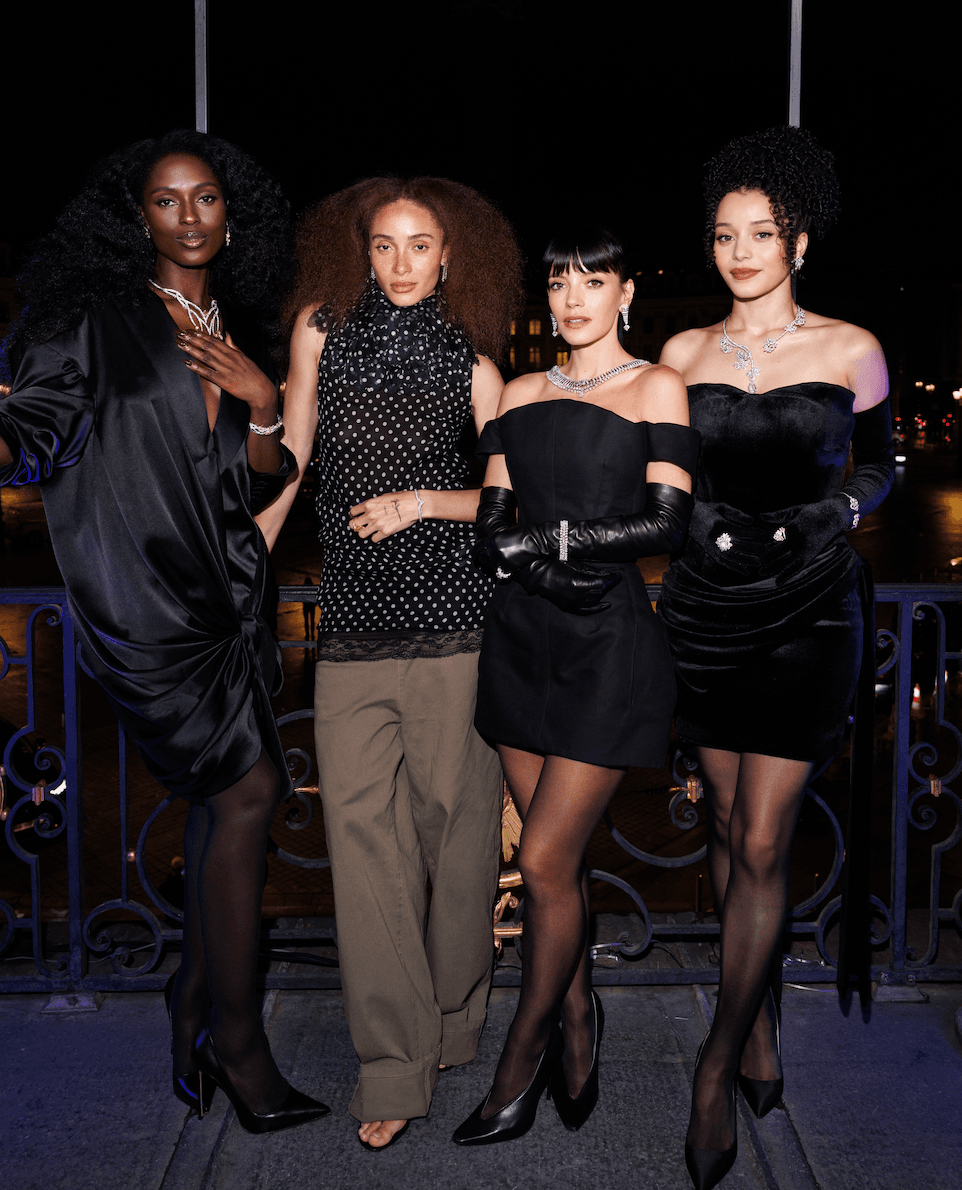At the annual China International Import Expo in Shanghai, Jean-Christophe Babin, CEO of Bulgari, shared insights on the luxury market’s performance in China. Like many luxury brands, Bulgari, owned by LVMH, is feeling the impact of China’s post-COVID economic challenges. Babin noted that Bulgari’s brick-and-mortar stores have experienced a noticeable downturn in the region, while online channels, which can reach a broader customer base including smaller cities, have performed better. This shift highlights a change in consumer behavior, with more Chinese customers shopping online as economic factors make them increasingly selective in their spending.
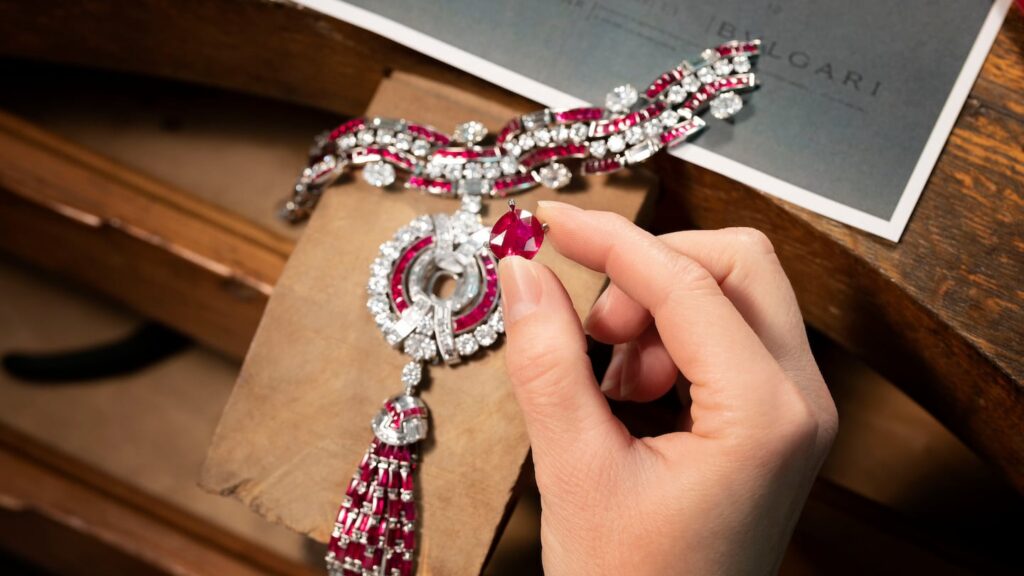
The slowdown is affecting the entire luxury sector, from Swiss watchmakers to high-end fashion brands, all of whom are trying to regain momentum with Chinese consumers. Once a booming market, China’s luxury segment has not fully recovered, with LVMH’s sales in the region dropping 16% in the third quarter, slightly higher than its 14% decline in the previous quarter. Similarly, Kering SA has forecasted a significant dip in annual profits, noting a 25% drop in comparable sales for Gucci in China.
Babin remains optimistic about Bulgari’s resilience in challenging markets. He pointed out that the brand’s focus on women’s watches, a relatively stable segment, and its vertically integrated production—where Bulgari manufactures most components like cases, dials, and movements in-house—allows for greater flexibility in adjusting output to meet demand. This adaptability may help Bulgari ride out the current dip in demand and maintain a steady position in the market.

